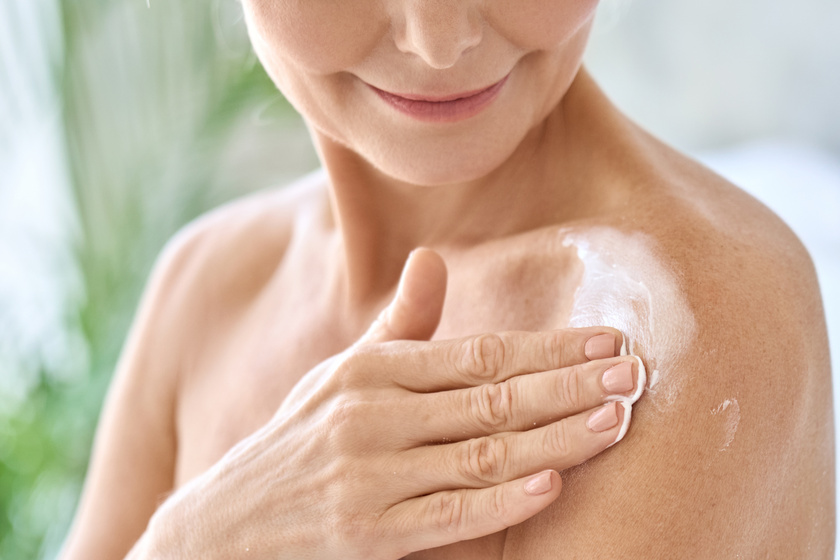Many older adults seem to feel that after experiencing decades of life’s pitfalls, they can simply disregard various aspects of their lives, especially when it comes to sun exposure. Most of them think that since they have managed to avoid skin cancer this far, they are never getting it. Regardless of how we may be feeling right now, we still need to keep taking care of ourselves to prolong our lives and stay healthy and strong for as long as possible. Here is why you should protect your aging skin from the sun.
Skin Cancers
Most skin cancers are caused by sun damage that takes place over the course of our lives. Since older adults have lived longer, they have had the most sun exposure and their skin has sustained the most damage from UV light. Both suntans and sunburns damage the DNA of our skin, breaking down its skin tissues and causing our skin to age prematurely. This may cause genetic defects that lead to skin cancer. Suffering just five sunburns over your lifetime increases your chances of developing melanoma by more than double. Each successive sunburn or tan raises the risks further.
Skin Diseases
As sun damage mounts, the ability of older adults to stave it off keeps declining. Our skin undergoes changes with age, thus reducing our defenses against skin diseases that can include poorer healing capacity, weaker immune systems, damage from external factors, and thinner skin. All these changes all contribute to an increased risk of skin cancer and accelerated skin aging.
Types of Skin Aging
There are two types of skin aging which are normal chronological aging or intrinsic that is experienced by everyone, and extrinsic aging which is caused by external factors like exposure to UV light, human immunodeficiency virus, industrial chemicals, and environmental pollutants. Both types of aging contribute to risks of skin cancer.
Intrinsic Aging
As we age, our skin loses its water and fat content, in turn causing it to become thinner. This allows UV light to penetrate more deeply when we get outdoors. Compounding the problem, the body’s natural ability to repair damaged DNA reduces, and hence raising the potential of abnormal cell growth that can lead to mutations that cause skin cancer. The natural decline of our immunity not just allows prior DNA damage to lead to cancer but it also makes us more susceptible to cancer from future damage of our DNA. Many senior diseases and conditions contribute to this immune decline.
Extrinsic Aging
If all the above is not bad enough, our skin is regularly exposed to elements that can further weaken our defenses. On top of all that, many older adults vastly increase their UV exposure when they relocate to sunnier places and engage in outdoor senior living activities like tennis and fishing. UV light itself suppresses our immunity, hence it aggravates our natural immune decline and supports the development of skin cancer. UV light is also known to break down elastin which is the elastic tissue in our skin. This will lead to sagging, wrinkles, blotchiness, and discoloration.







